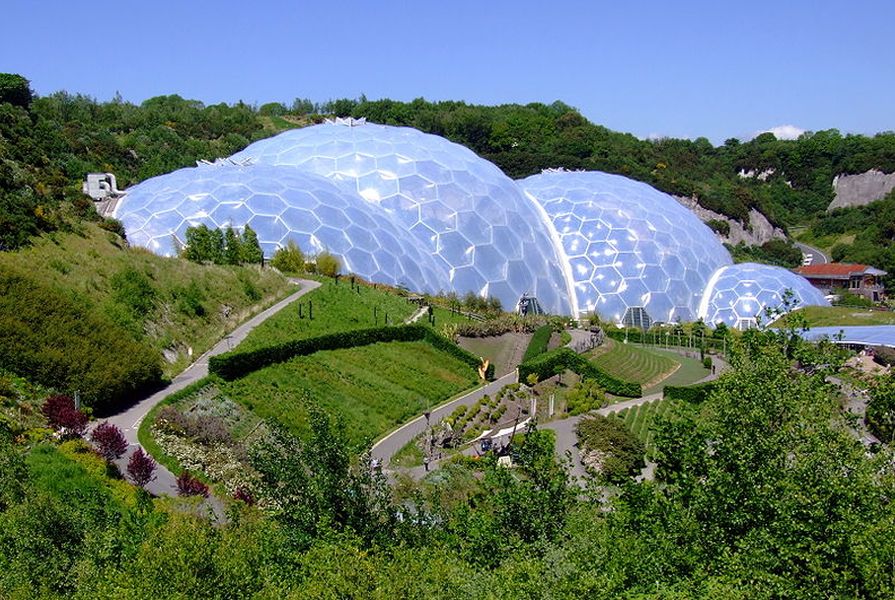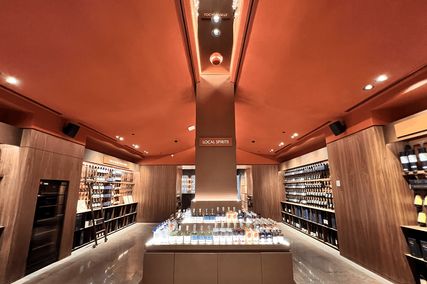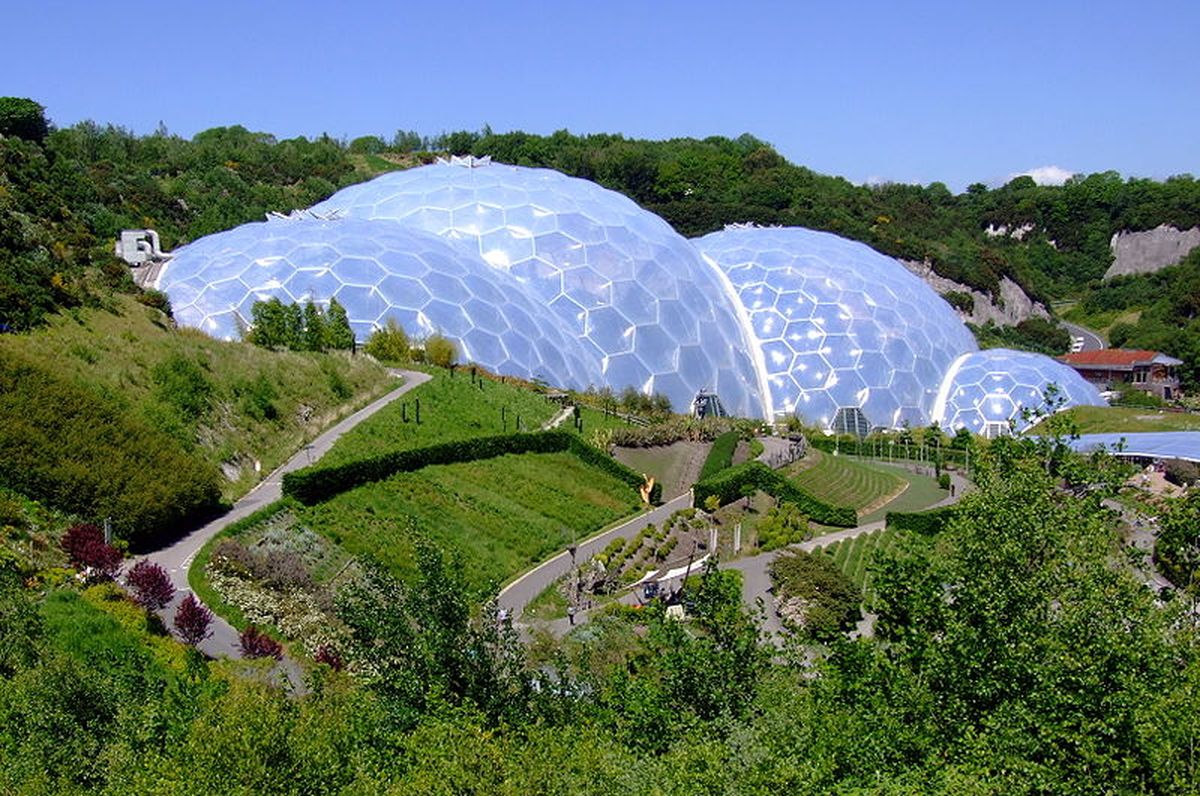Hobart is a step closer to getting its very own “bio-dome Eden,” following the launch of a new international company run by the founders of the world-renowned, eco-tourism attraction known as the Eden Project.
Conceived by businessman Sir Tim Smit and designed by Nicholas Grimshaw of Grimshaw Architects, the Eden Project is a popular attraction on a reclaimed clay pit in Cornwall, England, which features a series of large-scale “bio-domes” simulating rainforest and Mediterranean environments and housing thousands of plant species.
The Eden Project has announced that it is launching a new company, Eden Project International, to drive the establishment of Eden Projects around the world.
A statement released by Eden Project said the new international company was formed to partner with like-minded organizations to “deliver the Eden mission” and to deliver social and ecological benefits during a time of global environmental decline and social disruption.
The new projects would focus on the “big global challenges as defined by their specific localities,” and would work in collaboration with a wide variety of organizations, companies, communities, research and conservation groups.
This announcement follows a long-mooted plan to develop, with Grimshaw Architects, an eco-tourism destination in Hobart modelled on the Cornwall project.
The Macquarie Point Development Corporation approached Eden Project in 2016 seeking a flagship project for its proposed mixed-used development on a 9.3-hectare former industrial site on Hobart’s waterfront that incorporates the old rail yards.
The masterplan for the redevelopment of Macquarie Point was updated in December 2016, with the Museum of Old and New Art putting forward a proposal designed by Fender Katsalidis Architects and Rush Wright Associates, centred around a reconciliation art park that acknowledges Tasmania’s “dark history,” including a violent conflict between the colonial settlers and the Indigenous people during the Black War (1824–31).
A statement from Eden Project said the development, “fits with Eden’s ethos as it will transform a polluted, discarded site, as well as ensuring the Eden message can reach a new audience.”
Eden Project founder Tim Smit travelled to Tasmania to brief the state government on his plans for a Hobart-edition of the Eden Project in July 2016.
In an interview with The Mercury at the time, he said the project would not be an exact replica of Cornwall’s Eden project, but would be specifically Tasmanian and have an Antarctica theme.
A spokesperson for the Macquarie Point Development Corporation said the group remained in close contact with the Eden Project and that Eden Project International’s chief executive David Harland would be visiting Hobart in August to discuss the business case for the proposal.
Tim Smit has been appointed executive chairman of the new international company.
“Eden’s mission is to explore our dependence on the natural world, to use that understanding to excite people into delivering transformation where they live and to ask really serious questions about what a great future might look like for all of us,” he said.
“We want the new Edens to act as a heartbeat for those who feel the same way as we do and to develop in all of them the ability to tell the stories that inspire the people who are their constituency.”
Eden Project International is currently working on three projects in China and as well one in the “Red Zone” of earthquake-damaged Christchurch, New Zealand.
Other overseas projects, including some in the Middle East and North America, are due to be announced in the coming months. The new international team will also be responsible for delivering a number of new projects in the UK.


















